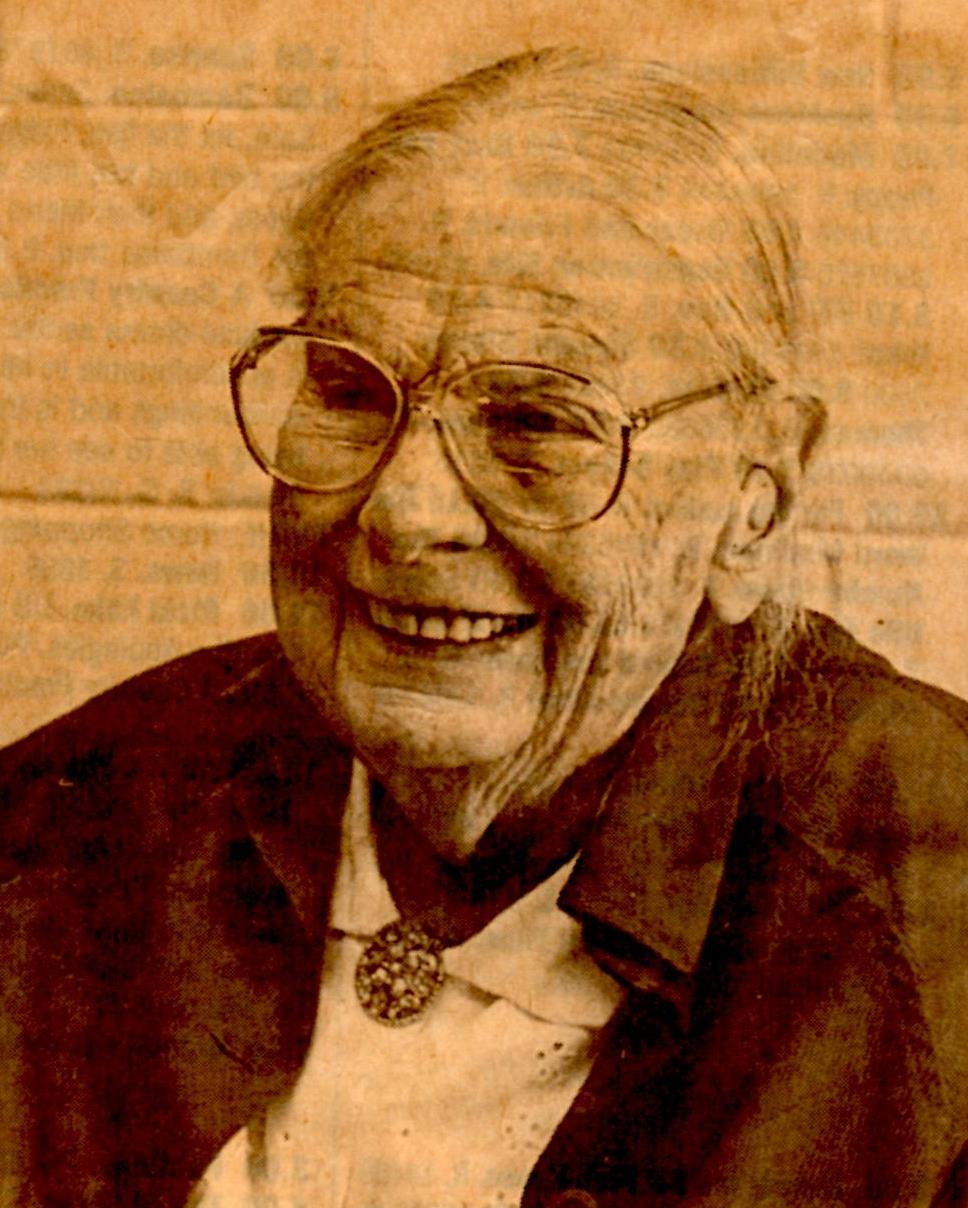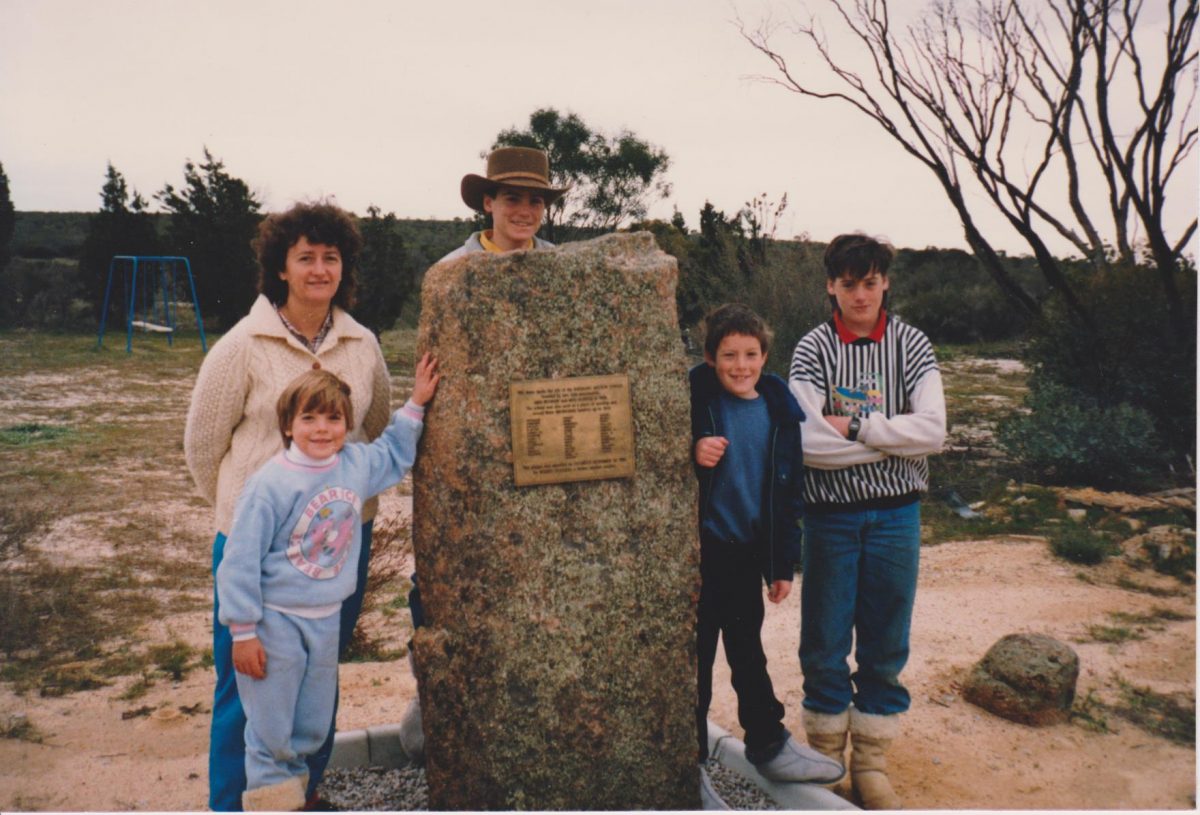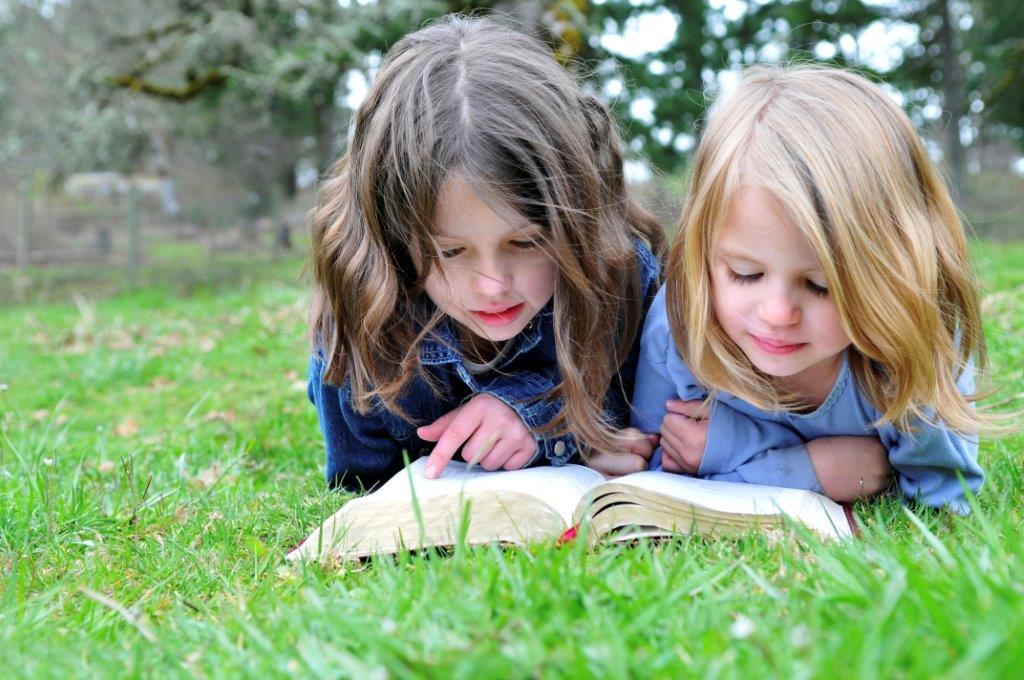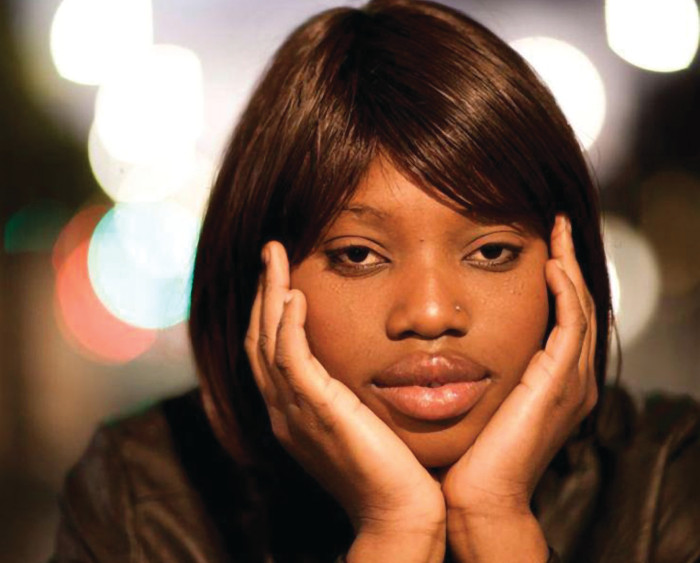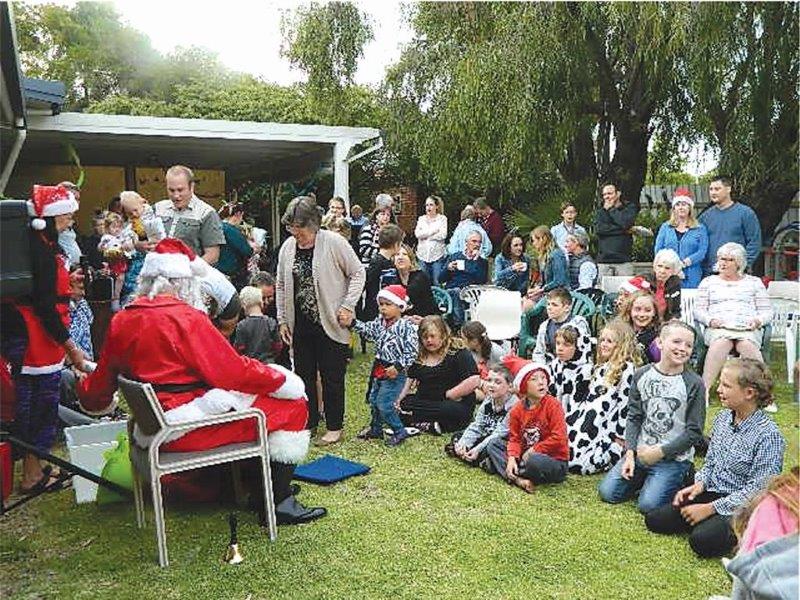Although the word ‘harmony’ does not appear in the Scriptures even though it existed in Greek diction at the time when the New Testament was written, a cognate or synonym is used frequently in the Scriptures. That word is ‘reconciliation’. Though the word itself is not used, the idea of harmony is central to the history of salvation.
“God was in Christ reconciling the world to himself…” (2 Corintians 5:19) could be rendered “God was in Christ harmonising the world with himself.”
I do not propose to talk about the mystery of reconciliation. Despite our best theological explanations it still remains a mystery. It is a truism that all our talk about God (theology) tells us more about ourselves than about God. So, let me reflect on the idea of harmony in relation to ourselves.
The term itself is a musical one. It denotes the agreeable effect of the apt arrangement of parts to form a harmonious whole. To harmonise, everyone vocalising, or playing an instrument, has to be playing or singing from the same music score. To use a contemporary idiom, they need to ‘be on the same page.’ Each may be playing a different instrument or part, but the music score has to be the same. Each part compliments the others to form a harmony. So, differentness is essential to harmony; and harmony is the result of the reconciliation of diversity.
